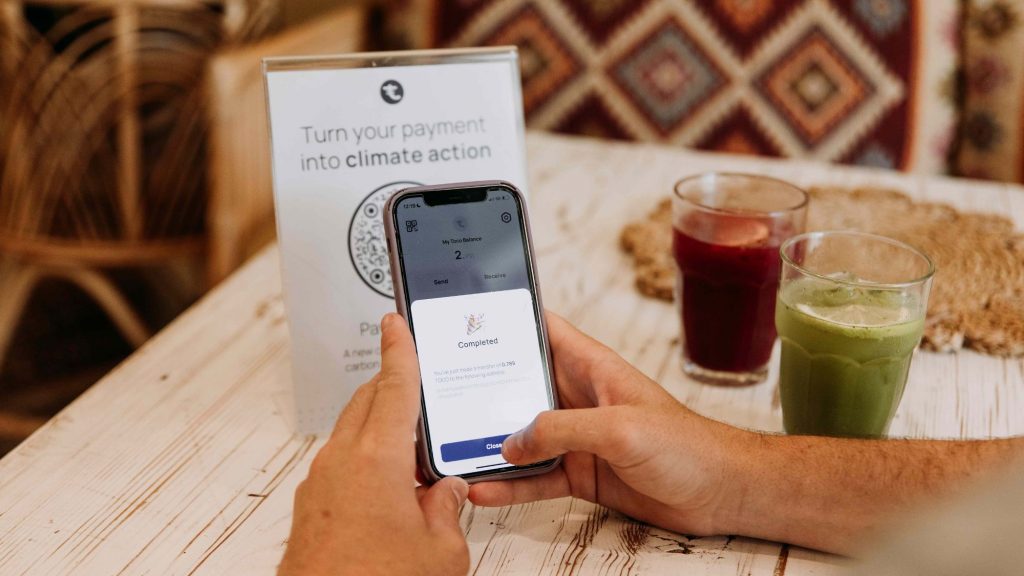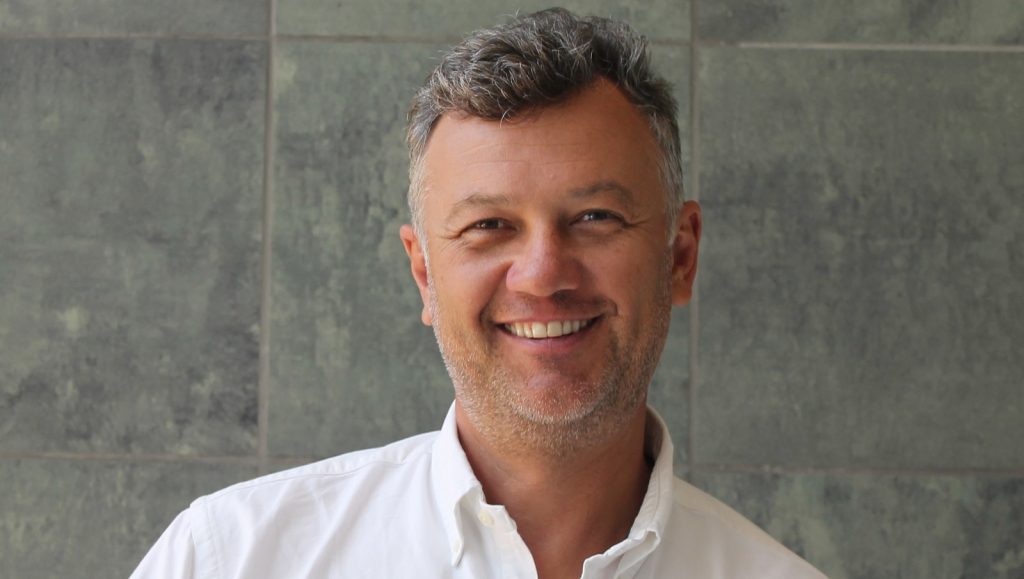Artificial Intelligence (AI) is no longer just a buzzword. It is embedded in everyday work, from drafting emails to automating entire workflows. For Memeburn’s…
Toco platform fights climate change with every transaction

A new global payment platform has been launched, which allows communities worldwide to participate in the fight against climate change. The platform introduces a new digital currency, called the toco, where each unit represents one tonne of carbon dioxide equivalent that has been removed from the atmosphere.
The platform was launched in Stellenbosch, South Africa, and will be made available globally soon. The founders of Vumatel and Lobster Ink, Niel Schoeman, Johan Pretorius and Paul Rowett, announced the initiative with five main goals.
This is to accelerate carbon reduction activities, fix the current economic model to place value on the environment, unite a global community with the belief that carbon reduction has intrinsic value, give communities the power to act by bypassing the failing institutions, and create environmental wealth for all by investing in environmental assets.
The toco payment platform is based on a new monetary system where economic growth creates environmental wealth. Each unit of toco in circulation is represented by a carbon mitigation asset, which is verified by independent accredited third parties.
The Carbon Reserve, an independent non-profit foundation set up specifically for this purpose and regulated in Switzerland, is responsible for toco issuance, purchases, and custody of the carbon assets. It is mandated to maintain the convertibility of tocos to carbon assets, grow the toco supply responsibly, and expand the voluntary carbon market.
Toco has a similar monetary framework as the traditional gold standard, where money in circulation is linked to the gold held in a nation’s central reserve. In the carbon standard adopted by toco, the relationship is maintained as one toco per tonne of carbon reduction achievable.
The platform is available to users on web, Android, and iOS and can be downloaded from the respective app stores. The app is free, and users can exchange Rands for tocos or tocos for Rands at the prevailing exchange rates via the Toco app. It allows users to make peer-to-peer payments, online payments, and in-store payments at participating merchants in toco.
The platform’s creators chose to use blockchain technology for two reasons: its ability to scale and transparency. Rowett explains that with blockchain, they can turn every mobile phone into a point of sale, which is essential for building a new transactional economy that unites billions of citizens who share it.
The transparency of the platform is critical to maintain trust within the toco community. It is vital that everyone can query the quality and quantity of carbon credits held in The Carbon Reserve and see the amount of toco circulating.

Michael Jordaan, founder of Bank Zero and former FNB chief executive, has invested in the initiative and says that the platform is a profound concept that can completely transform how the world thinks about money, the economy, and the environment.
Toco is designed to be used as a store of value, a means of exchange, or a unit of account, where counting carbon reductions achieved is possible. It is a new form of money where the available money supply is based on the available carbon asset supply. The more people choose to use toco for their daily money needs, the more demand is created for carbon assets, which stimulates and incentivizes investment in carbon removal activities and projects.
By collectively growing the toco economy, carbon reduction is accelerated. Every toco in the toco economy represents one tonne of carbon dioxide removed.
In conclusion, the toco payment platform is an innovative solution to address climate change by directly involving communities worldwide. By using blockchain technology, transparency, and a new monetary system where economic growth creates environmental wealth, the platform can democratise the carbon markets and enable everyone to take part in the fight against climate change.
READ NEXT: African tech start-ups rise up to combat climate change

